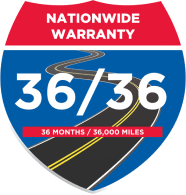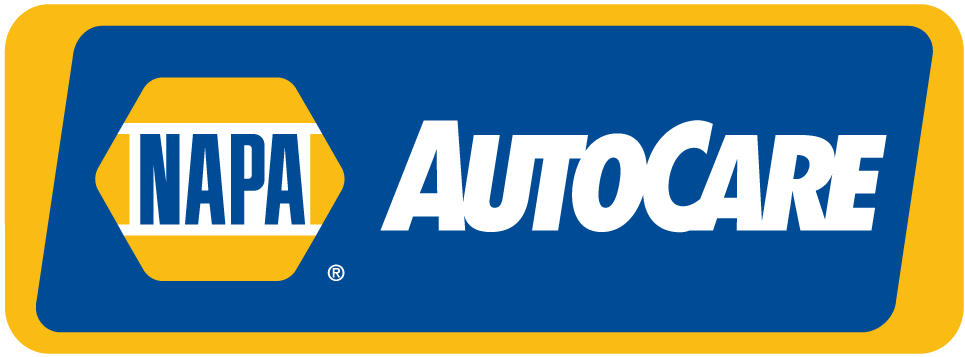
Car Engine Services
Owning a car is a huge responsibility. They are high-demand, high-performance machines that require regular attention and maintenance, most importantly, maintaining the engine. It’s recommended to get your oil changed between every 3,000 and 5,000 miles. In fact, just maintaining the oil in your car can help extend the life of your car engine. While there are, of course, several other important things to do to maintain your car engine, maintaining the oil levels can be the difference between needing a few repairs and needing a complete engine replacement. Failure to keep up with your oil can lead to internal damages, the most serious problem being an engine seizure. When your engine seizes there possibilities are few and far between to correct the issue.
Seized Engine or Dead Battery
Often times, when an engine won’t start many think the issue is with the battery. In some instances, that is true. If you’ve left your headlights on overnight or a door was not closed all the way can drain the battery, rendering your car inoperable. The difference between a dead battery and a seized engine will be what operates and what doesn’t. When your battery is dead, your car won’t start and neither will the electronic components. On the flip side, when your engine has seized, the electronic components may work, but your car won’t turn over.
What are the signs of a seized engine?
Before your engine completely stops working, there should be several indicators that it will or may seize soon. The two most obvious being the check engine light is on and a knocking or clunking sound coming from the engine. With that in mind, what actually causes an engine to seize?
Seized car engine causes:
Insufficient oil level: when the oil level is low, your engine overheats, parts melt, and the bearings ultimately become damaged.
Accumulation of water: water is not compressible like gasoline and can cause an engine to seize.
Accumulation of rust: when a car is unused for a long period of time, rust builds up, causing the engine to seize when use is attempted.
Faulty parts: this is rare, but has happened and it is why drivers should be aware of parts recalls on their vehicles.
Because of the causes listed above, a car will be at greater chance to seize than a car that has sufficient oil and maintenance. If for whatever reason, your oil levels are low, there is too much water in your engine, or you just haven’t driven your car in a while, there are several things to look for to determine if your engine has seized.
Seized car engine symptoms:
Loud cranking/clunking sounds: this is because the starter is hitting the flywheel because there is insufficient lubrication.
Piston visible: when looking at the engine, the piston may be visible because the loose components will lodge into another part of the engine with enough force.
Fumes/smoke: since the engine can’t turn over, fumes, smoke, and even fire can happen – all of which are a sure sign of an engine seizure.
Nothing: the most tell-tale sign of a seized engine is when nothing happens. When your car won’t start no matter how hard you try.
It’s important to note that it is incredibly unlikely to have an engine seized without warning. There are almost always signs that can indicate potential seizing or failure such as: knocking noises, poor engine performance, oil light is on, and more. At the end of the day, most engine failure is because of poor maintenance, specifically a lack of oil in your engine. At this time, there is debate as to whether you should use conventional or synthetic oil in your car. Either option has benefits and drawbacks, and the mechanics with Carotech Automotive and Tires can discuss this in detail with you. Call us today, (424) 283-4303, to discuss our services further.
Understanding a Seized Engine Diagnosis
If a mechanic has diagnosed your engine as seized, unfortunately, there are few options readily available to you. Depending on the severity of the damage, most mechanics will suggest a complete replacement rather than attempt a repair. This could be because, ultimately, repairs are more costly overall than just going through and replacing the engine. For the mechanics at Carotech Automotive in Los Angeles, CA engine rebuild is an option they can offer and provide. In this case, they will go through to essentially rebuild your engine from scratch, rather than go through to repair the damaged parts. Sometimes a replacement is less expensive and more applicable to your situation, but every car and case is different. It will all come down to the extent of the damage done.
Whatever it is you need, Carotech Automotive and Tires are experts when it comes to rebuilding an engine as well as engine replacements.
Frequently Asked Questions
Is there a difference between a motor and an engine?
No, engine and motor are used interchangeably with vehicles
Is it worth it to replace an engine?
There is no definite yes or no answer, because it will come down to the extent of the damage done to your engine. If a good mechanic from a reputable business believes that repairs will get the job done, then replacing your engine could be a waste of time and money. This would be something to discuss further with a mechanic.
How much does it cost to replace an engine?
Car owners should expect to pay anywhere between $2,250 and $4,000, or approximately 10% to 20% of the cost of a new vehicle, to replace the engine in their car
What does a seized engine mean?
A seized engine means the electronics in your vehicle may still work (i.e. the radio, A/C, etc.) but the engine itself will not turn over. Instead, you may hear a knocking or clunking sound.
Contact Carotech Automotive and Tires, (424) 283-4303, for car engine servicing in the Los Angeles, CA area.





Recent Comments